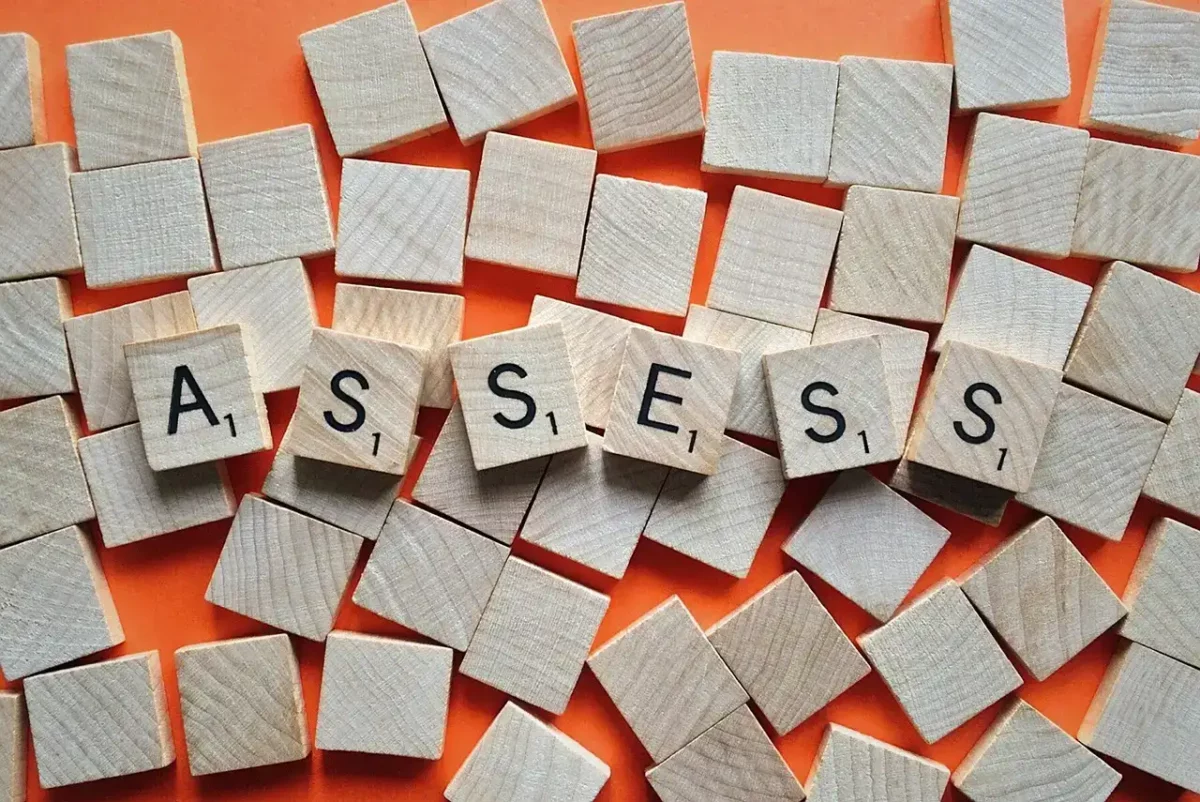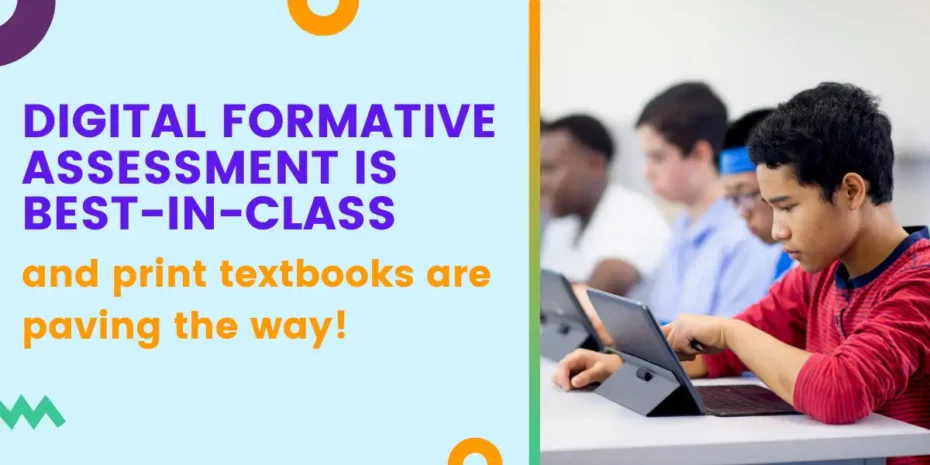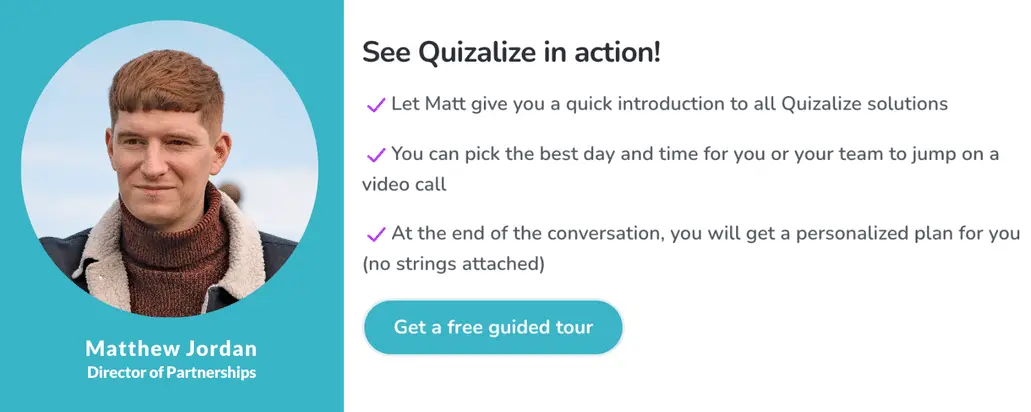Formative assessment is crucial and critical to student success. But have you ever considered the benefits of digital formative assessment? How about turning textbooks into a digital formative assessment tool?
Let’s go back to basics:
Ongoing assessment aids increased attainment levels for students, helping them bridge the gap between their current knowledge and their learning goals. The ‘little and often’ approach of formative assessment means students can identify learning gaps in real time and make efforts to remedy them on a calm and continuous basis.
Much better than turning up to an end of the year test and realising that there are an abundance of learning objectives and knowledge gaps that will prevent a student from achieving the grades they want – and deserve!
Digital formative assessment is especially important when students are preparing for their exams, as it affords teachers transparent observation (a key pedagogical approach) into the ongoing development of their students. Couple this with the core power of digital: fun, engaging, dynamic with meaningful data insight as an output, and teachers are able to deliver best-in-class teaching that gives students the most solid opportunity to achieve their academic goals.

Some of the key benefits of digital formative assessment include:
- Student outcomes are improved
- Student stress-levels are dramatically reduced
- Student work-loads are more manageable and realistic
- Teachers can support students in a meaningful and steady way
- Teachers are better prepared for the classroom due to ongoing insight into student attainment levels
One key benefit of this assessment method is that teachers can see digital insights into every student’s progress in real-time. With the right formative assessment platform, teachers can access real-time data insights into every learner, meaning they can quickly and effectively deliver support and additional teaching based on exactly what each student needs at that moment.
Did you know textbooks can be turned into digital formative assessment tools too?

Print textbooks can be turned into this aforementioned digital rendering, meaning educational content in print form can now be transformed into dynamic and digital assessment tools too. Textbooks get a new lease of life while teachers and students benefit from the most efficient mode of formative assessment available. Win-win!
How can textbooks be turned into a digital assessment tool?
Publishers and authors have already done the heavy lifting by creating world-class educational content and resources that have an impact. But as print sales decline it is more important than ever to keep up-to-speed with industry movements. This is where digital solutions come in.
Partners like Zzish and Quizalize have the technology needed to quickly render textbooks into a digital format, ensuring that students can benefit from the best learning experience available [Quizalize is a quiz-based digital formative assessment platform] and the best learning content possible.
Digitising textbooks and rendering content as formative assessments offers publishing houses the opportunity to truly measure the impact of their content for teachers and students. Digital resources result in deep insights into who is using your content, when and where, and importantly, how useful your content is in improving test grades and attainment levels.
When you go digital you are taking your textbooks to the next level. Textbooks are broken down into manageable chunks of formative assessments and teachers can immediately see insights into how students are progressing – and benefitting – from them.
Digital assessment tools are disrupting traditional teaching practices, while still supporting traditional and effective pedagogical practices. Stay ahead of the competition and start exploring how you too can transform your textbooks of today into the best formative assessments of tomorrow.

